Every year, millions of students apply to their dream colleges. These people are hard workers who strive to do everything right, but their spots are taken by people who do half as much as them. The only reason those other students are accepted is because their parents were accepted years before them. This system is called legacy admissions, where children of alumni have an advantage in the admissions process for many colleges.
This system is not only unfair but also very unpopular; according to the Pew Research Center, “three-quarters of Americans say having a relative who attended the school should not factor into admissions.” Legacy admissions should be abolished since there is no good reason to keep them.
How large is the legacy boost exactly? According to a report from The Upshot(New York Times), the average student applying to an elite college has a 9.5% chance of being accepted, while students with a legacy advantage have a 37% chance. When these same students apply to schools where they do not have a legacy advantage, they only have an 11% acceptance rate. On top of that, the report states that legacy admissions students are much more likely to come from wealthy families.
The average student applying to an elite college has a 9.5% chance of being accepted, while students with a legacy advantage have a 37% chance. — The New York Times
This data refutes the claim made by college leaders, in a recent New York Times article, suggesting that legacy admissions have little impact and that students benefiting from this preference are inherently gifted. The main reason cited for why legacy admissions are beneficial is that they form an “intergenerational community” within the college and that those families will be more likely to donate. They say that without legacy students, there would not be enough donations, and the student body would be less connected.
While I do not doubt that legacy admissions create an intergenerational community, I do not believe this is necessarily a good thing. After all, this community would be solely made of legacy students who tend to be wealthier and less diverse than other students. This would mean that other non-legacy students would be left out of this community. The non-legacy students may feel left out and an article from Calbright College proves that legacy admissions lead to less diversity just so a school can have an “elite” atmosphere. While legacy admissions may bring a new community, it is not always a welcoming one, causing divisions within the student body based on wealth and privilege.
The other argument for legacy admissions is increased donations, according to an opinion piece published in The Hill. The author argues that even though legacy admissions seem “unusual and quite unfair,” the ends justify the means as it results in more donations, which increases America’s higher education dominance. However, it makes no sense to me why any student should have to give up their hard-earned spot at a college to someone else just so American universities can stifle international competition.
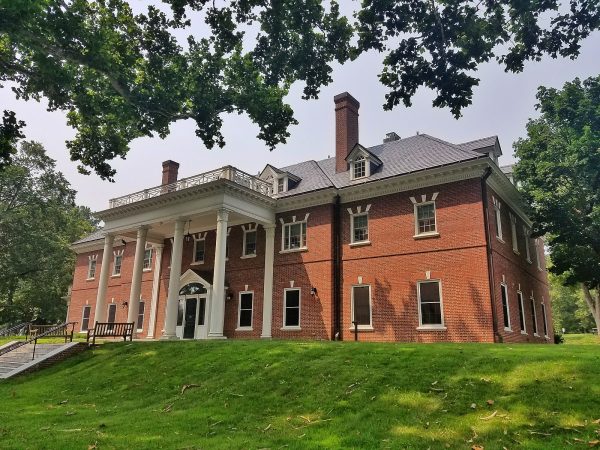
Recently, schools like Amherst College dropped legacy admissions. Amherst changed the policy because they wanted to make a more equal playing field for their students. Amherst’s students played a key role in motivating this decision, mainly through their activism. Clearly, the hard work and effort of those who want equality in colleges can pay off.
Legacy admissions are unfair, unpopular, and unhelpful, so why does America need them?
Simply, we don’t. It is up to students to advocate for the end of legacy admissions by contacting local representatives and informing potential voters.
Earlier this year, a bill, H.3760, was introduced to the Massachusetts legislature that would end legacy admissions. Schools that do not stop legacy admissions would incur a penalty fee, and this money would go to fund free community colleges. Reach out to your legislators and tell them you support this bill and any other effort to end legacy advantages.



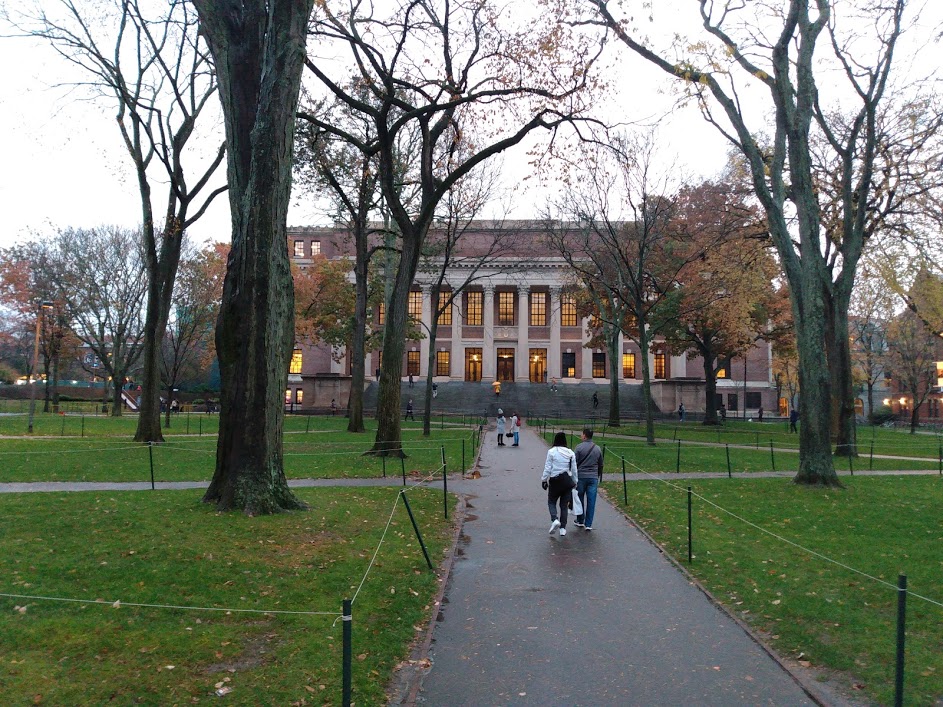

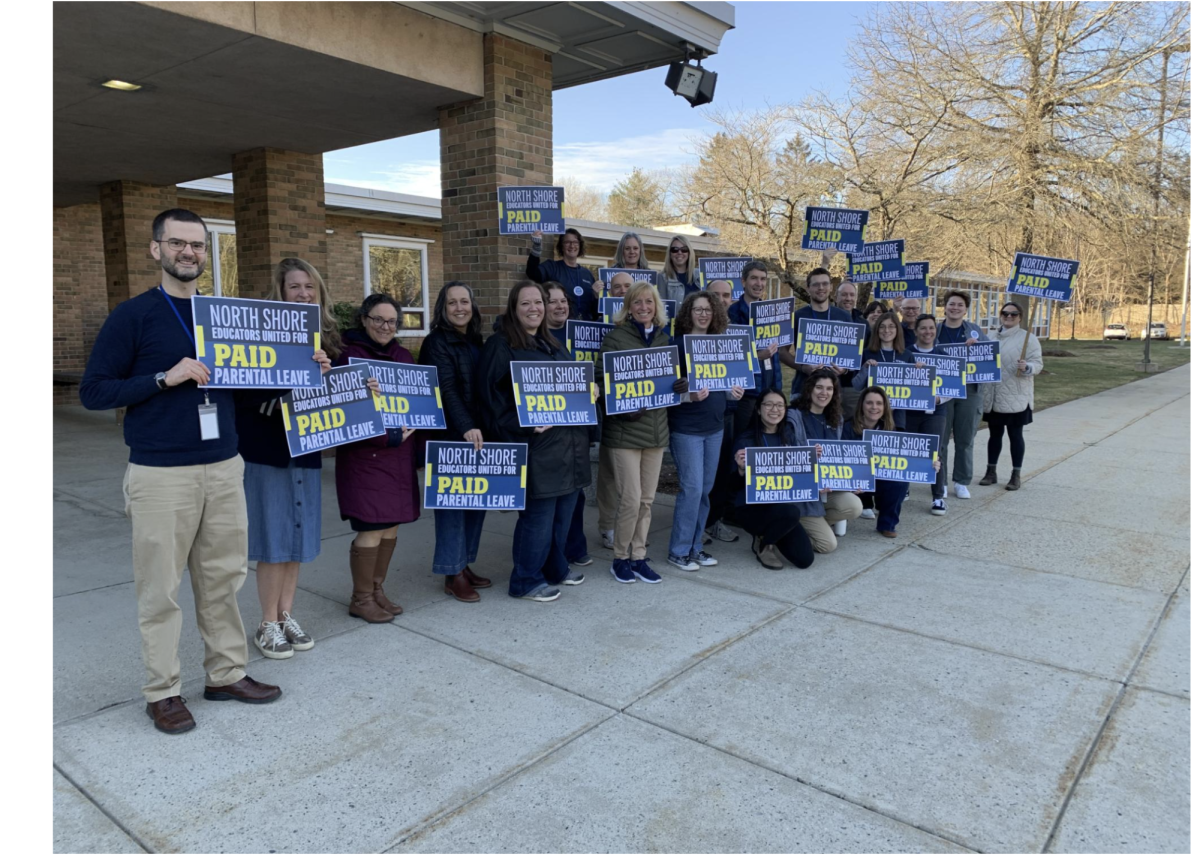


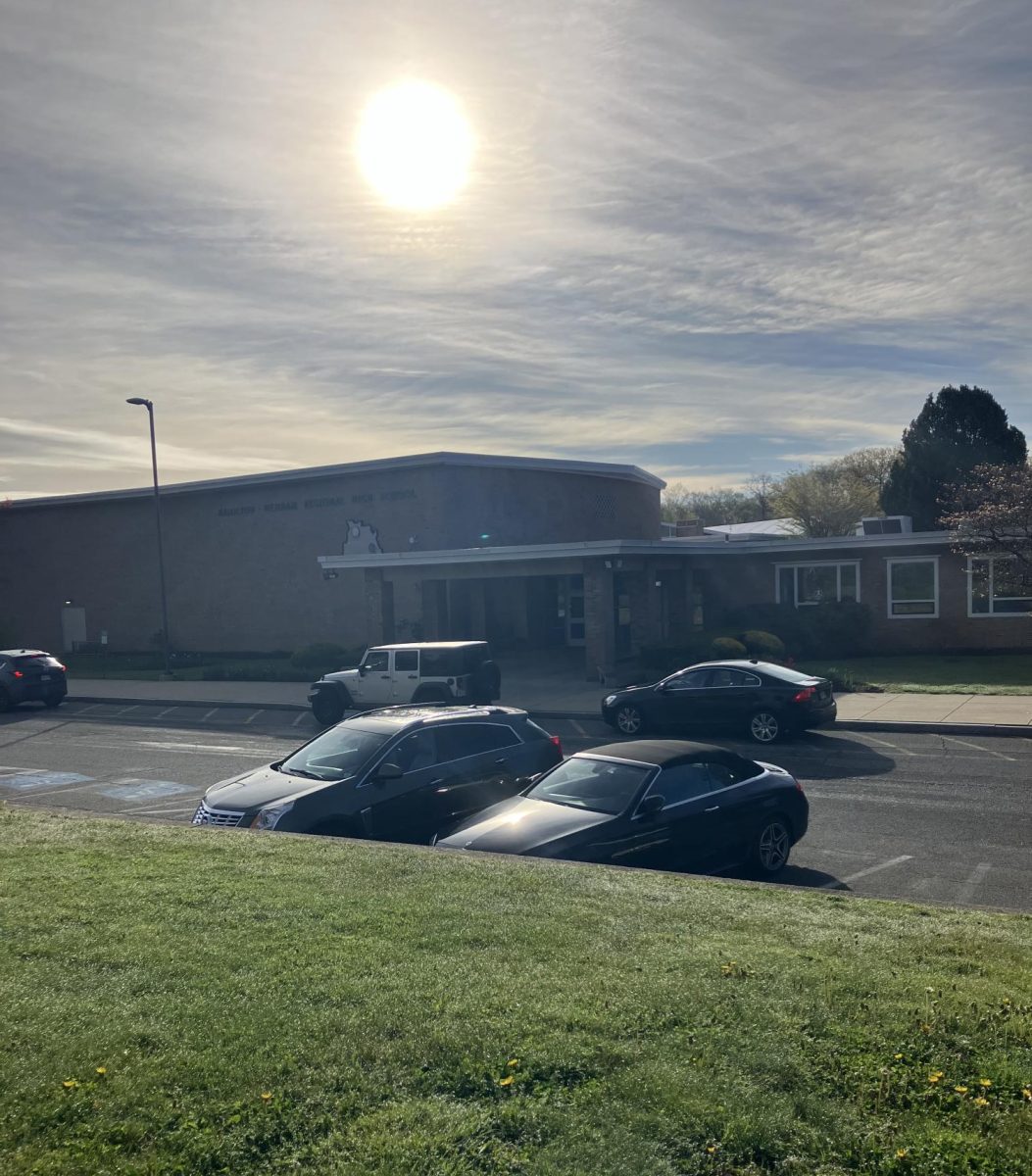
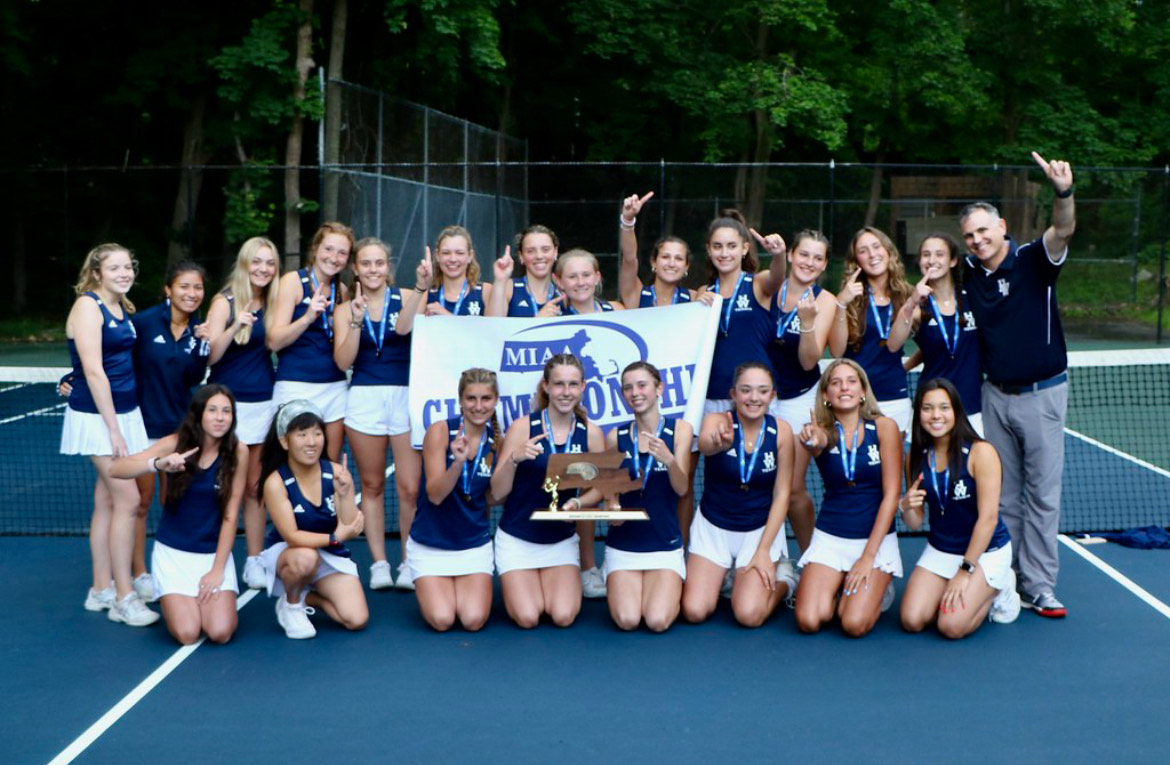


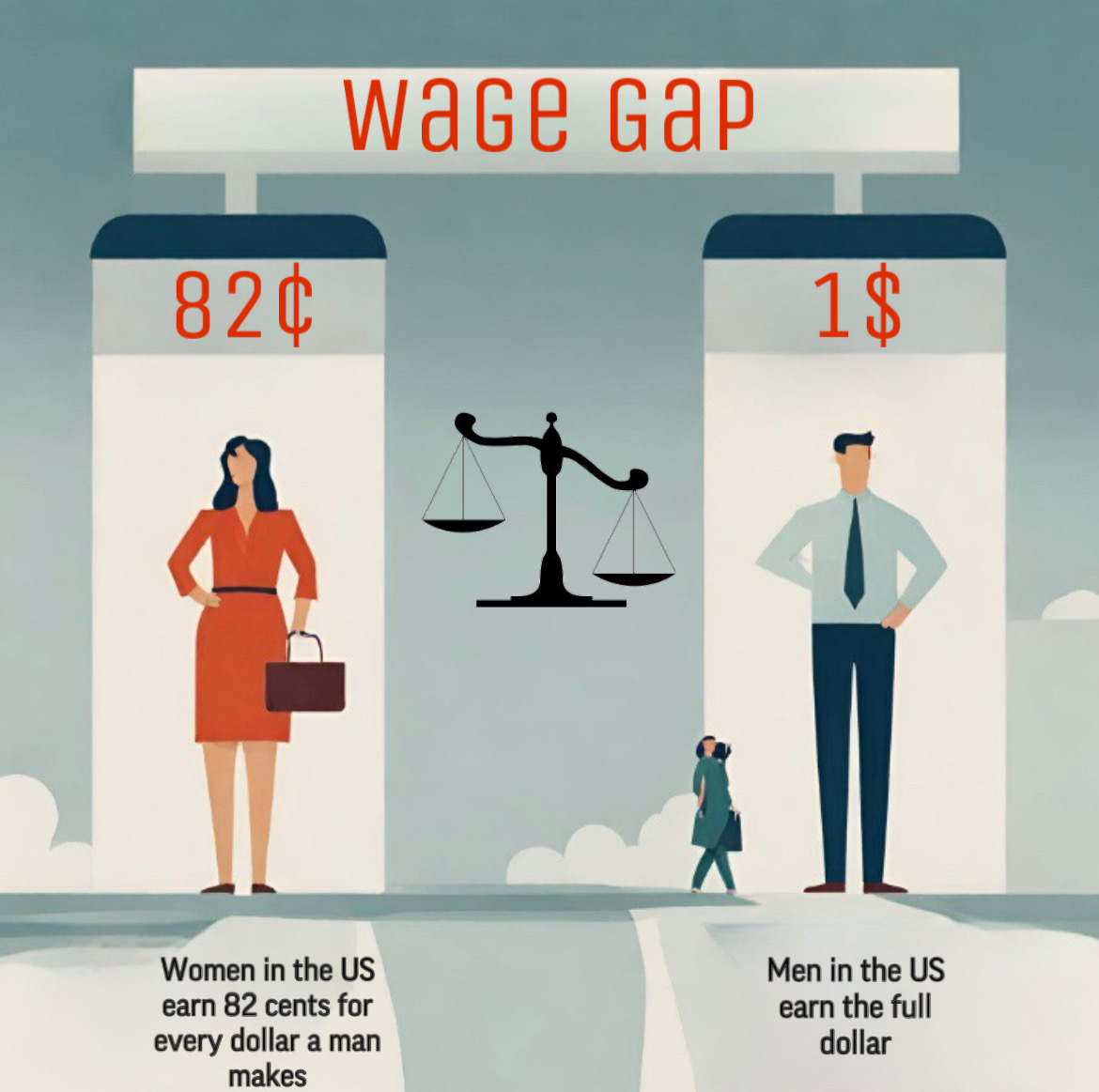



joshua • Feb 8, 2024 at 12:41 pm
I agree this is an intriguing point of view
Alex K • Feb 8, 2024 at 12:39 pm
Hmm, interesting point of view, never thought about it this way before